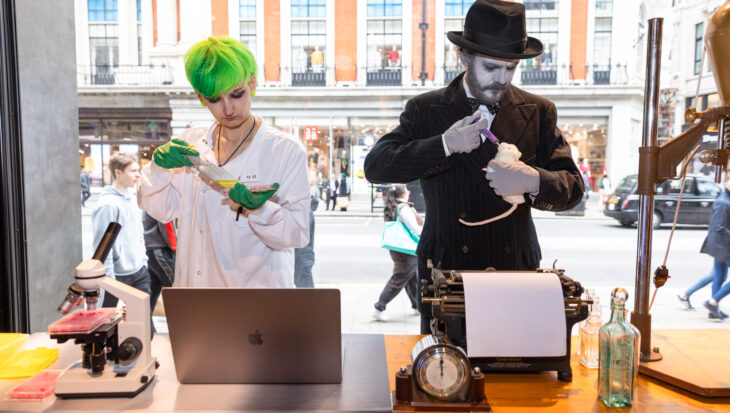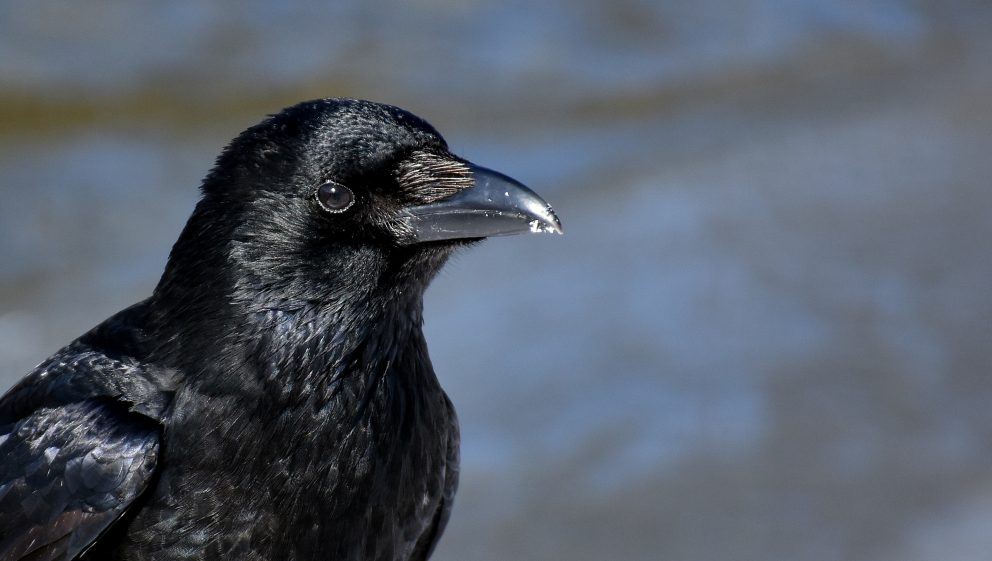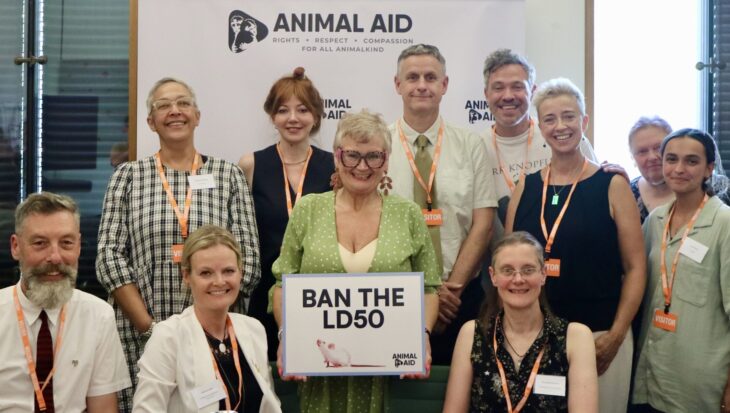Scottish National Heritage (SNH) has issued licences to cull hundreds of ravens, in a five-year test in Perthshire. The purpose of this experiment is to investigate whether removing ravens has an impact on the population and productivity of waders.
Update: Following outcry from conservationists, including Chris Packham from BBC’s Springwatch, SNH have agreed to review their decision to issue this licence.
Ravens are a protected species, and this move has drawn criticism from campaigners, conservationists and the RSPB. The area in which the licence has been issued is said to be notorious for wildlife crime, and large amounts of ‘game’ bird shooting take place there.
Corvids, such as ravens and crows, are already targeted by gamekeepers because they naturally predate on ‘game’ bird chicks, meaning that shooters would have fewer birds to shoot for ‘sport’.
Duncan Orr-Ewing from RSPB Scotland Head of Species & Land Management has been quoted in the media strongly condemning the cull. He cites a 2010 study commissioned by SNH and produced by Aberdeen University and the RSPB, which showed a weak connection between increases in raven populations and decreases in breeding wading species across the British uplands.
We believe that this ‘experimental’ slaughter is truly shameful and must not be allowed to go ahead. There is a lack of scientific evidence to support the effectiveness of culling, yet hundreds of birds stand to lose their lives.
Please sign the petition to stop the mass culling of 300 ravens in Scotland


